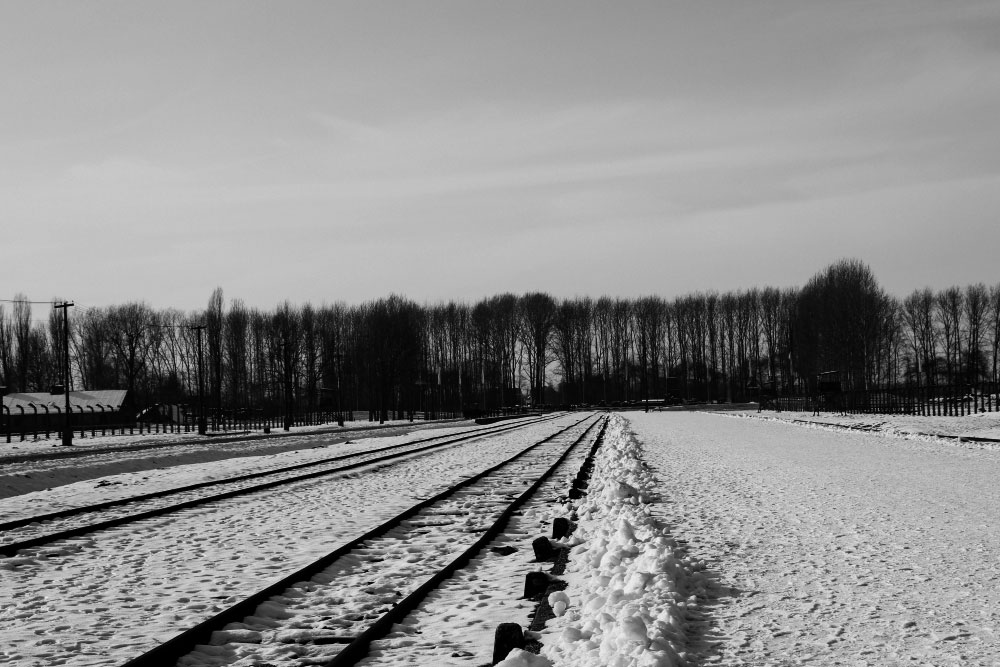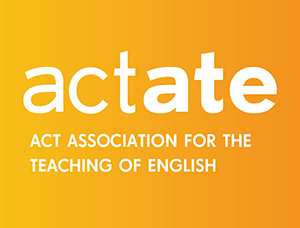
Years 11 & 12 Category: Judges’ Choice
Home > 2018 Winning Entries > Years 11 & 12 Category > Mors Vincit Omnia by Wilbur Nelson
Mors Vincit Omnia
by Wilbur Nelson, Canberra College

Gods fill the hearts of a crowd with fear. Wonderment. Reverence. There is no doubt: these awesome behemoths created the ground on which the gathering stands, the water that falls from the sky, and the wind that buffets them. The wrath of the divine is ever-present. So tiny do these people feel in comparison that their every action and thought is marked by fearful adulation of creators whose benevolence is at best ambiguous. These gods, with names like An, and Enlil, and Enki, undeniably exist, such is their tangible influence on these people. And yet, for all their might, these gods will die with their subjects. They will fall from overlords to minor footnotes as new societies construct their own deities. New gods will fill younger hearts with fear.
The sun beats down on a man’s neck as he works the field. In his tattered clothes he swings a rusty tool at the earth. At the day’s end he will return to his crowded dwelling. This time of the Republic is uncertain. As the centuries follow his life, all aspects of it will cease to exist. His clothes will burn, or wear down into nothingness; the tool he swings will eventually crumble, and the copper comprising it will return to the ground from which it was exhumed. Distant future rebellions will demolish his house. Indeed, the very Republic in which he lives will give way to an Empire, that itself will die a thousand years later. All physical evidence of his time on this planet will be reclaimed by nature, all memory of his experience lost to time. The sun will beat down on new necks.
Children play on a beach for hours on end. They kick up sand, collect shells, build elaborate castles. Before they fall asleep that night, the waves will reclaim all that they displaced. The surface will be smoothed out by an endless supply of waves. Elsewhere, hikers look out across an alpine valley in the early morning. They marvel at the way the sun catches the treetops. They capture a photo to remember the moment, and vow to eventually return to that exact place. But the trees soon become overgrown, that place no longer offering the cherished view. The forest swells and shrinks sporadically. New vistas will emerge, but none exactly like this one. The landscape cares not for sentiment.
“Historia Vitae Magistra”
Some 1,948 years after its construction, the Flavian Amphitheatre still casts its shadow over a young tourist. Long after its commissioning emperor is dead, long after the civilization that birthed it is dissolved, long after the last audience member has departed, the structure remains as a grand vestige of Roman culture. Memories of barbarous excitement – slaves, prisoners, warriors forced to fight to the death – are transcended by greater truths. Human design, ingenuity, grandeur; an appreciation for culture, a sense of theatre; all manifested in this time-worn colosseum.
A young boy in Florence sees the sign as he enters: Museo Galileo. Inside, he is captivated by a quaint, ornate telescope behind the glass. He bends over to try and squint through the lens. Centuries before him, the inquisitive eyes of Galileo confirmed heliocentrism through the same lens. As declared by the Catholic monolith, Galileo was for this a heretic and a liar. Reality, however, remained the same; and in the face of dogma and deception, science prevailed. A precursor of the scientific revolution, the telescope declares from its stand: “Truth, above all else”.
Rain pelts the site of Auschwitz-Birkenau. Years of post-war rumination detract not from the atrocity of its past. A man walks through the facility, past cells and chambers and watchtowers. The place evokes a strange emotion. Something in between fear and melancholy and disgust. The man doesn’t enjoy his visit. The memory sits heavy in his stomach. But he knows, deep within him, that enjoyment is not the product offered by a preserved Auschwitz-Birkenau. Knowledge and an incessant reminder is what it offers. Contained within the weathered walls is the certainty of human cruelty, its eagerness to bear its teeth, and the necessity of its containment.
Judges’ Comments
This piece which is a creative response to Basho’s “Narrow Road to a Far Province” engaged immediately. The Latin quotations of “Mors Vincit Omnia” (Death Conquers All) and “Historia Vitae Magistra” (History is Life’s Teacher) provide the thematic framework for the subsequent paragraphs. Each paragraph provokes thought and invites reflection.



